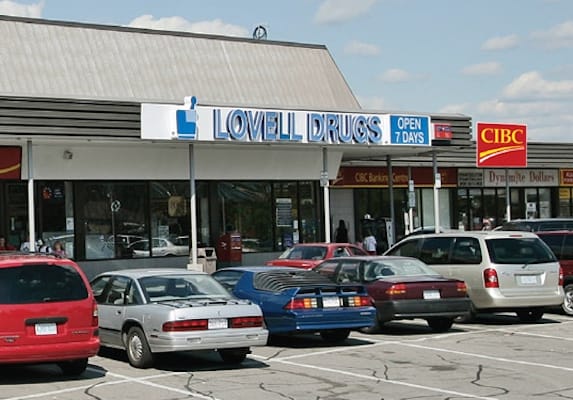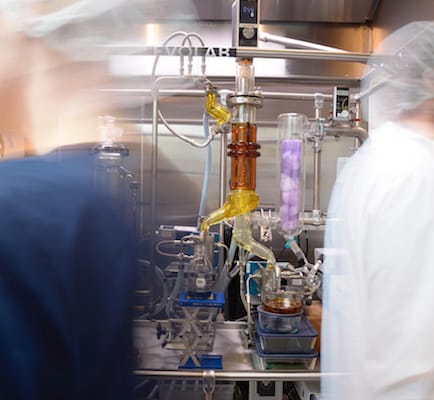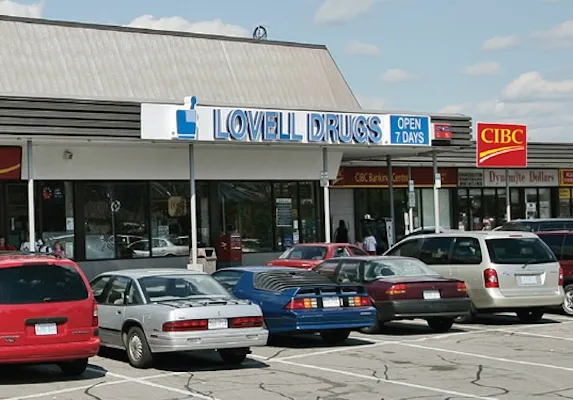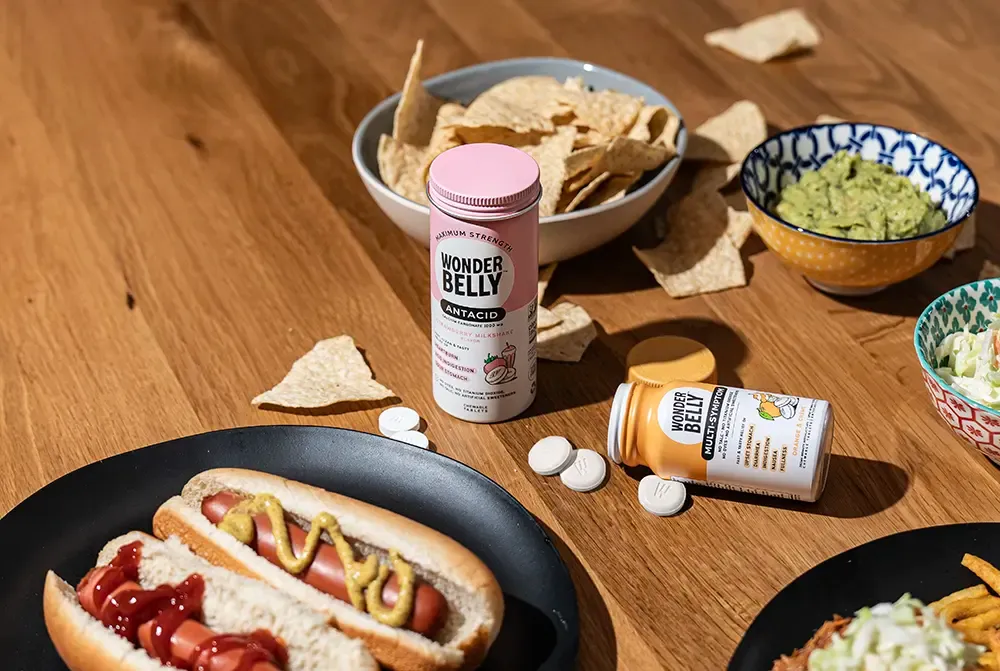TORONTO — Ontario pharmacy chain Lovell Drugs has signed a letter of intent with Maricann Group Inc. to be its exclusive supplier of medicinal cannabis.
Under the planned four-year pact, the companies would work together to develop processes to facilitate the distribution and sale of Maricann’s medicinal cannabis to patients through Lovell Drugs retail pharmacies, as permitted by law, Maricann said. Their efforts also will include the creation of education and content on the handling and dispensing of medical marijuana.

Procedures will be devised on the patient end as well. Maricann said it plans to jointly develop with Lovell Drugs a patient and health care education program to assist the pharmacies in acquiring the requisite expertise to counsel patients on all aspects medicinal cannabis.
The companies, too, aim to develop protocols for providing Lovell Drugs patients with access to that educational content.
“We believe that pharmacies are the best distribution points for medicinal cannabis, as is the case for all other prescriptions,” Ben Ward, chief executive officer of Maricann, said in a statement. “That’s why we are so pleased to be working with Lovell Drugs in finding ways to provide Maricann’s differentiated medical cannabis education and products for their patients.”
Lovell Drugs has 12 retail pharmacy locations in Oshawa, Whitby, Kingston and Cornwall, Ontario.
“Lovell Drugs’ pharmacists are trusted health care professionals, providing services such as Clinic Days, MedsChecks, blood pressure tests, smoking cessation products and cholesterol testing for their patients,” Ward added.
Maricann said the agreement also would have an option to extend another three years, if the parties agree. The company reported that the letter of intent will form the basis of a definitive agreement expected to be announced at a future date.
The pact with Lovell Drugs stands to build on Maricann’s relationships with pharmacists across Canada. On Nov. 6, Maricann announced that it had entered into an agreement for a similar medicinal cannabis program with an unnamed national provider that serves more than 2,000 pharmacies nationwide. Maricann has federal licenses in Canada to cultivate, extract, formulate and distribute cannabis.
In the province, pharmacies are favored by the public as a dispensary for medicinal cannabis. Earlier this month, a survey of 800 adults commissioned by the Ontario Pharmacists Association (OPA) found that 70% agreed medical marijuana should be dispensed by pharmacists.

Maricann has federal licenses in Canada to cultivate, extract, formulate and distribute cannabis.
In addition, three-quarters of respondents think patients should be able to obtain medicinal cannabis from pharmacists so they can receive counseling and advice and ask questions before receiving the product. And compared with other delivery methods for medicinal marijuana, pharmacists are preferred by 56% of Ontarians.
“I’m pleased to see Ontarians once again voice their trust in pharmacists to do more as trusted health care partners, this time by supporting pharmacists’ ability to dispense medicinal cannabis to those who require it,” OPA CEO Andrew Gall said in a statement.
Under current regulations, patients must be assessed by a health care provider and provided with a medical document for medicinal cannabis, after which they register directly with a licensed producer who processes their request and mails the product to the patient’s home, according to OPA.
Patients currently cannot access medicinal cannabis products at their local pharmacy, which OPA called a missed opportunity and potential safety risk for Ontario’s patients and the broader health care system.
“Local pharmacists in neighborhoods across the province are highly trained and best-positioned to provide face-to-face counseling to ensure the safe, appropriate and discreet access to medicinal cannabis,” Gall noted.
With new polling data, OPA said it’s calling on the Ontario government to work with the federal government to update regulations to enable pharmacists in community pharmacies to safely dispense medicinal cannabis.
OPA emphasized that pharmacies are secure health centers that can monitor medication use in real time and properly store and handle sensitive products and controlled substances like medicinal cannabis. At the same time, the association said, pharmacists are medication experts and can help mitigate real or potential risks related to medicinal cannabis — including identifying potential drug interactions and contraindications — as well as suggest alternative therapies.







